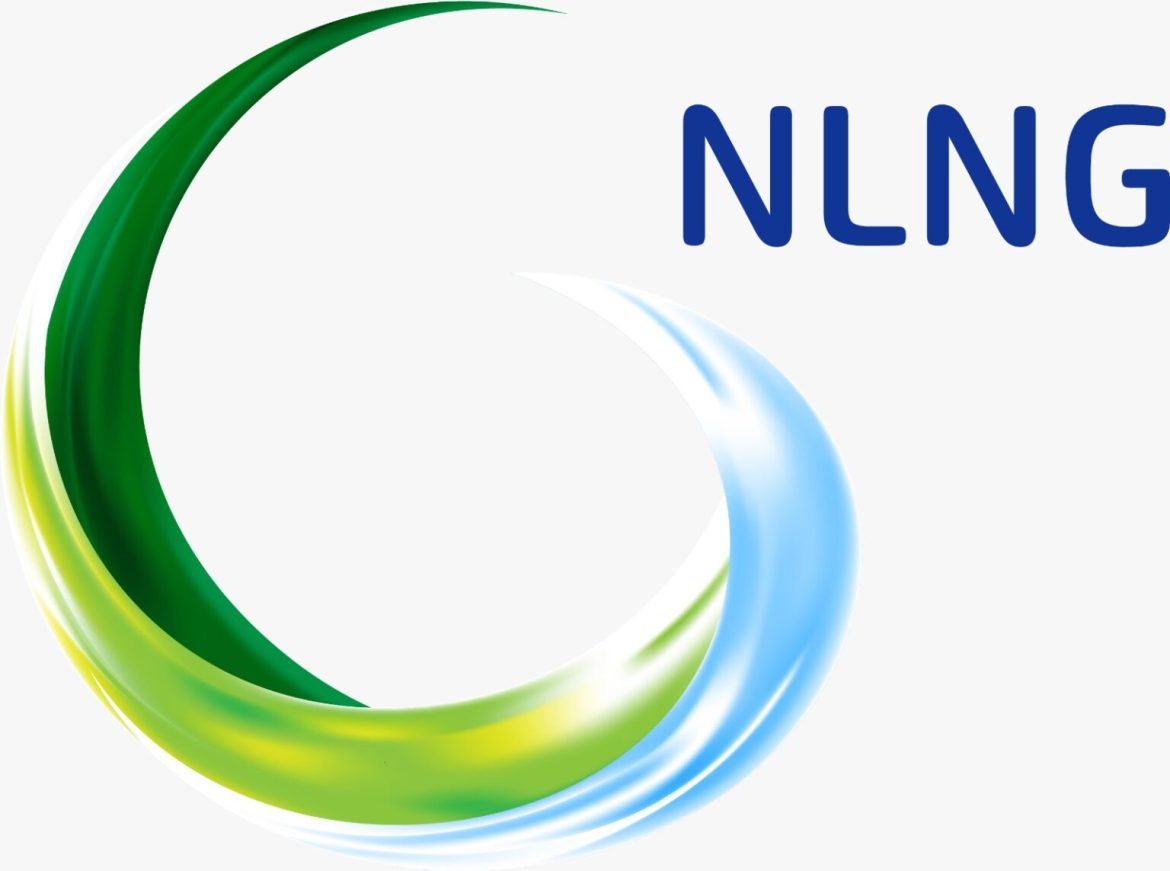Nigeria LNG Limited (NLNG) has urged African nations to shift from being raw material suppliers to becoming major players in the global liquefied natural gas (LNG) industry.
Speaking at the Africa Energy Week in South Africa, NLNG’s Deputy Managing Director, Mr. Olakunle Osobu, said the continent must assert its position in global energy discussions on security, affordability, and sustainability.
“Africa is not a bystander in this conversation on energy security, affordability, and sustainability. Africa is a rising pillar of global supply, and Nigeria has a duty to lead,” Osobu stated in a speech titled “The Role of African LNG in a Dynamic Export Market.” The comments were shared in a statement issued by NLNG’s General Manager, External Relations and Sustainable Development, Sophia Horsfall.
According to Osobu, Africa holds over 850 trillion cubic feet of natural gas reserves, representing about 6 per cent of global reserves, and has both the capacity and ambition to double its share of the global LNG market within the next decade.
Highlighting Nigeria’s leadership in LNG development, Osobu pointed to NLNG’s ongoing Train 7 expansion project, which is expected to boost production capacity from 22 million tonnes per annum (MTPA) to 30 MTPA.
“Our investment in expansion shows that Nigeria is driving LNG growth not only for exports but also for domestic industries and energy access. We must prove that Africa can deliver LNG that is secure, competitive, and sustainable,” he said.
He further projected that emerging LNG frontiers across the continent could contribute more than 45 MTPA of new supply, potentially raising Africa’s total LNG output from around 70 MTPA today to 120 MTPA by 2035. This, he added, would reinforce the continent’s position as a global LNG hub.
While Africa enjoys a strategic geographic advantage with shorter shipping routes to Europe and Asia, Osobu cautioned that competitiveness, financing, and environmental responsibility remain key challenges.
He noted that major players like the United States and Qatar are expanding their LNG capacities, while global investors increasingly prioritise low-carbon and decarbonised projects.
Osobu stressed that Africa’s LNG strategy must balance global market reliability with domestic economic development and sustainability.
“Africa’s LNG journey must strike a balance by supplying the world reliably, catalysing African industrialisation, and demonstrating sustainability in line with global decarbonisation goals,” he said.
